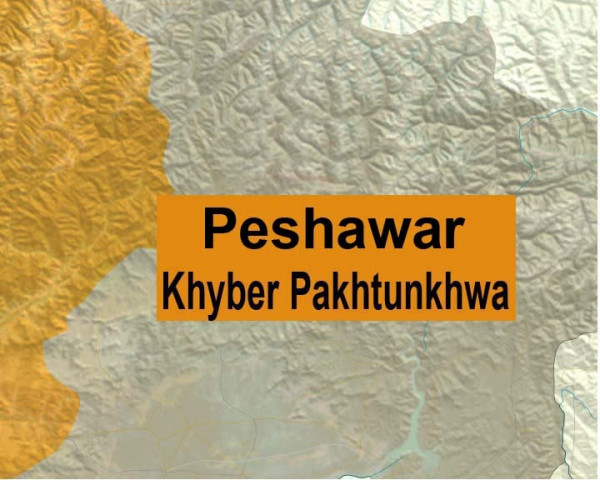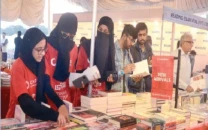Driven out of Kurram Agency by violence
Complex set of geopolitical issues has influenced events in Kurram valley as it offers easy access to Afghanistan.

Driven out of Kurram Agency by violence
At a transport stand in Peshawar, Ali Junaid, 35, haggles with bus and truck drivers for the best rates to take him and his family to the southern port city of Karachi.
“I need to hang on to what money I have,” he said. “It is not much, but I also want my family to be comfortable. It is a long journey, and my three children are young.”
Junaid would have been paying for one other family member to travel with them, but his four-year-old son died in January while they were living in the town of Parachinar in the restive Kurram Agency, one of seven tribal agencies on the Pakistan-Afghan border where a bitter war between Sunni and Shia sects has resulted in hundreds of deaths since the 1980s .
A complex set of geopolitical issues has influenced events in Kurram valley – an area central to the interests of Taliban militants because it offers easy access to Afghanistan. The fiercely orthodox Taliban have faced consistent resistance in the region from tribes, a factor which has contributed to sectarian conflict in the area.
Kurram’s population of 500,000 has a Shia majority, according to official statistics. Since 2007, things have been particularly grim. That year, the main road linking Parachinar on the Pakistan-Afghan border to Peshawar was closed due to militant activity, resulting in acute shortages of essential items in Parachinar, according to observers like the autonomous Human Rights Commission of Pakistan.
The ongoing violence has resulted in hundreds of deaths and large-scale displacements from Kurram. One of those who died was Junaid’s son.
“He developed a sore throat and very high fever, but there were no medicines available in Parachinar,” Junaid told IRIN. “We found a doctor, who believed my child had meningitis, but without drugs there was nothing he could do for him. I considered taking him to a town with a hospital, even through Afghanistan, but he was too weak to make the long journey and died.”
Leaving Parachinar
When the road was briefly opened this February, before being shut down in March after more violence, Ali Junaid chose to leave Parachinar.
“It is fortunate we did,” he said. “Now the road is closed again, even food supplies are short and no one pays any heed to demands that the road be opened.” Unable to find a job in Peshawar, Junaid, a mason, hopes for better luck - and a safer future for his family - in Karachi.
After the brief reopening of the crucial road, the prime minister announced a plan to support some 32,000 people displaced from Kurram Agency. However, the truce quickly broke down, prompting more people to want to leave both Kurram and Tirah Valley area in the Khyber Agency, where there has also been an increase in tensions.
“Many people are trying to leave, but the security situation makes this impossible,” Hussain Abbas, who works with a community-based welfare organization in Parachinar, told IRIN.
Some certainly have chosen this route. Zaigham Hassan, 40, and his wife, Shandana Bibi, moved out of Kurram Valley in 2009 and took up an invitation from a cousin based in the Khyber-Pakhtunkhwa town of Mardan to live in his house. Hassan, who had considered going back to Kurram in March, has now abandoned any thoughts of doing so.
“It seems my four children are destined to grow up away from their homeland,” he told IRIN. “I would love to go back, but after the renewed trouble, I fear things will never get back to normal. The economy has slumped, and as a truck driver I have no work when key roads are closed.”
Published in The Express Tribune, May 21st, 2011.



















COMMENTS
Comments are moderated and generally will be posted if they are on-topic and not abusive.
For more information, please see our Comments FAQ